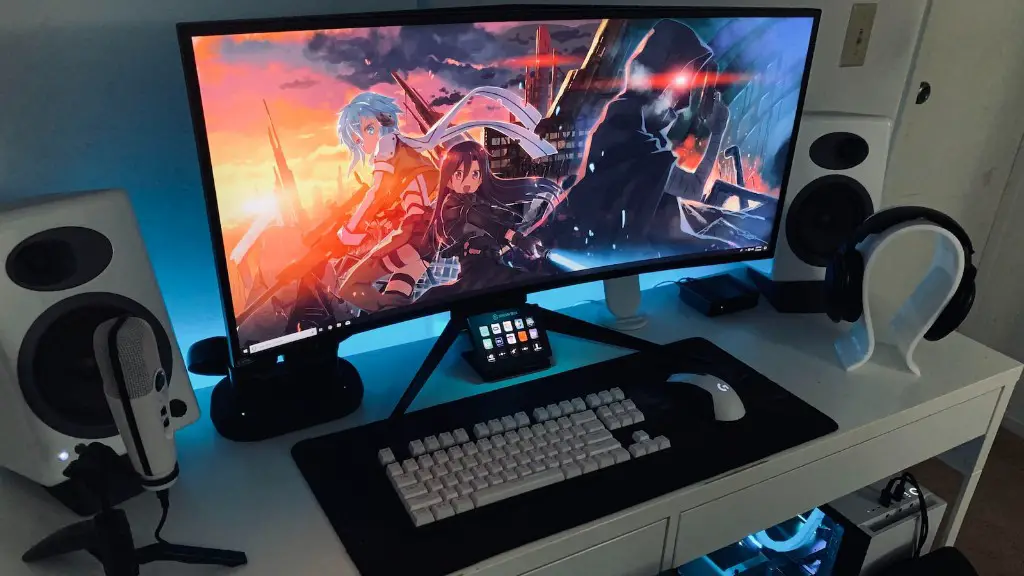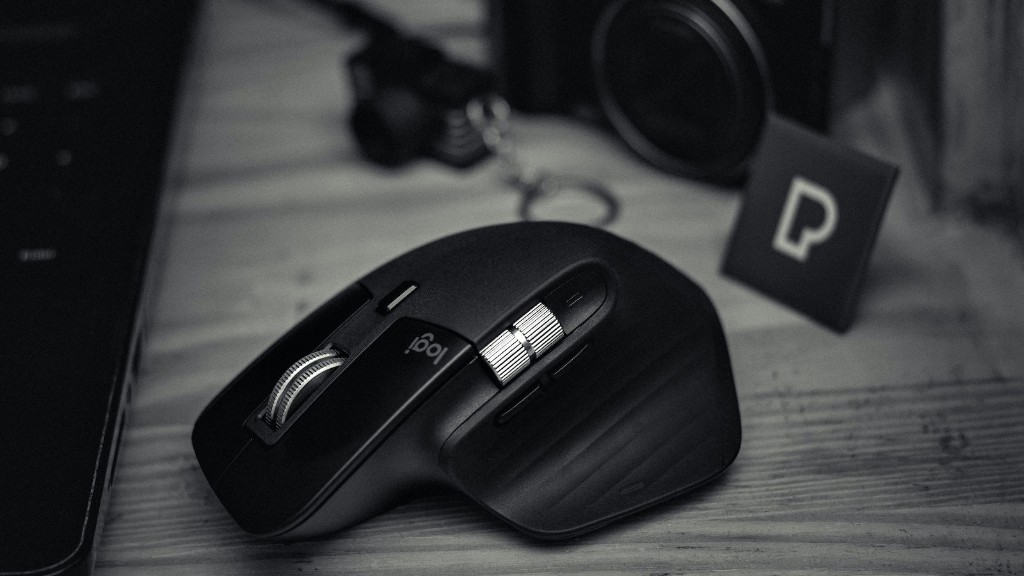Computers are a necessity in today’s world. When it comes to building a gaming PC, however, there is one component that people often overlook: the motherboard. Motherboards are responsible for powering and connecting all the other key components of a PC—the processor, RAM, drives, and peripherals. Choosing the right motherboard for your gaming PC can dramatically improve your performance and upgrade potential, however, getting it wrong can mean weaker performance and added costs down the line. So, how should you go about choosing the right motherboard for your gaming PC?
1. Know Your Needs
Before you start shopping for a motherboard, it’s important to identify what your gaming needs are. There is no point in buying a top-of-the-line motherboard for your PC if you are only going to play lightweight games. On the other hand, an entry-level motherboard might be limiting for demanding games. Consider your budget and your gaming priorities when selecting a motherboard.
2. Consider Performance Tips
When it comes to gaming performance, what matters most is the type of processor, the amount of RAM, and the graphics card. However, motherboards also play a key role in performance. When choosing a motherboard, look at its supported processor, RAM type and speed, as well as its expansion slots. Go for a motherboard with a good chipset and plenty of additional ports to prepare for upgrades in the future.
3. Think About Quality
Quality is an important factor to consider when selecting your motherboard. Look for motherboards made with quality parts and solid construction. Avoid cheap and generic components as these can lead to more frequent breakdowns and reduced performance levels. Additionally, you should consider the brands when looking for a motherboard. Some of the most reliable and quality motherboards are made by major PC component manufacturers such as Intel, Asus, MSI, and Gigabyte.
4. Upgrade Potential
If you plan on upgrading your PC in the future, it’s important to look for motherboard that offers upgrade potential. Look for motherboards with plenty of expansion slots, so you can add extra components when needed. You should also consider a motherboard that can support multiple GPUs, so you will be able to upgrade the graphics card whenever needed.
5. Socket Type
The socket type is another important factor to consider when choosing a motherboard. Make sure you select a motherboard that supports the kinds of sockets used in the processor. Intel and AMD are the two most commonsocket types, and most gaming motherboards support both.
6. Look Out For Features
It’s also important to look out for features when selecting a motherboard for your gaming PC. Some of the key features include USB 3.0 and SATA3 ports, support for high-end cooling systems, and extra ports for additional accessories. Additionally, look for motherboards with integrated audio and video chipset for improved compatibility and performance.
7. Check Reviews
The best way to choose the right motherboard for your gaming PC is to read reviews. Check out what other gamers are saying about the motherboard you’re considering. Reviews can give you valuable insight into the long-term performance and reliability of the device, and they can help you find the right motherboard for your needs.
Comparability with Existing Components
It’s also important to consider how compatible the motherboard you choose is with your existing components. Every component in your gaming PC needs to be compatible with the motherboard. CPUs, GPU, RAM, Storage, and all other components of your computer need to be compatible with your motherboard. Make sure to check the specifications of all the components before you purchase a motherboard to ensure it will fit in your PC properly and work with all the other components.
Cost Concerns
Cost is an important factor when selecting the right motherboard for your gaming PC. Different motherboards have different prices and you need to pick one that suits your budget. Generally, more expensive motherboards provide more advanced features and better performance, however, cheaper motherboards can also offer good performance for everyday gaming.
Size Matters
The size of the motherboard is an important factor to consider when choosing the right one for your gaming PC. Different gaming PCs have different case sizes, and so the motherboard must match the size of the case. Smaller motherboards are generally compatible with most types of cases, while larger ones need a larger case.
BIOS
The BIOS is a key component of every motherboard, so it’s important to choose one with an advanced BIOS. The BIOS helps you customize your gaming PC and control how the device runs. Make sure to check out the features and options of the BIOS on the motherboard you’re considering, so you know what kind of customization options you have.
Research & Comparison Shopping
Comparing different motherboards side-by-side is the best way to make the right decision. Take the time to research the specifications of different motherboards, compare prices and read reviews before you make your purchase. This will help you find the best motherboard for your gaming PC at the right price.

